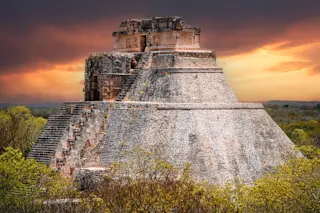Earlier this month, the Center for American Progress (CAP) moderated an interesting panel discussion on the relationship between migration and climate change. Based upon this CAP paper on the subject, issued in December, it would seem that the liberal think tank is not above overplaying the scary climate migrant card. So, via The New Security Beat, which has posted excerpts of the recent CAP event, I see that one migration expert who participated in the panel injected some scholarly rigor into the debate. Here's what Susan Martin, a professor of International Migration at Georgetown University, said at one point:
Environmentalists have tended to see the issue of migration as a way of getting attention to mitigation and have often talked about migration in very alarmist terms. Migration experts, on the other hand, have been very skeptical about the interconnection.
Unfortunately, the New Security Beat did not capture any response to ...













